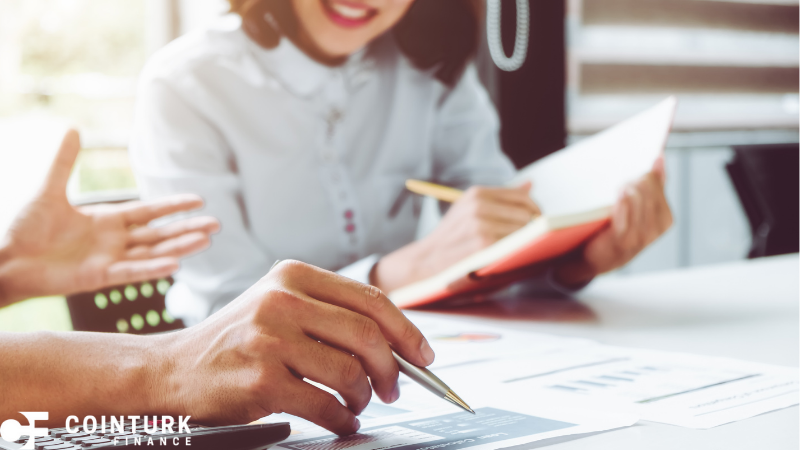Timothy Balz, co-founder and CEO of Kalogon, has dedicated his career to improving mobility solutions for wheelchair users. His interest in accessibility technology dates back to high school, where he modified wheelchairs for those in need. Drawing from his experience at SpaceX as a build engineer for the Starship program, Balz founded Kalogon in 2019 to develop smart seating systems. These systems aim to enhance comfort, reduce pressure injuries, and provide better support for users, including professionals like pilots.
Previous reports on Kalogon’s technology have highlighted its potential to prevent pressure sores, a common issue for wheelchair users. Earlier discussions focused on the company’s AI-driven approach and how it differentiates from traditional seating solutions. Over time, Kalogon has refined its offerings, with the Orbiter Med and Orbiter for Aviation addressing both medical and commercial needs. Compared to past coverage, the latest advancements emphasize the real-time adaptability of the system and its ability to extend users’ time in their chairs comfortably.
How does Kalogon’s technology work?
Kalogon’s adaptive seating system uses AI to dynamically adjust pressure distribution, mimicking the benefits of frequent position changes. The technology helps prevent pressure sores by continuously redistributing weight, reducing strain on specific areas of the body. The system operates without manual intervention, utilizing a connected app that allows healthcare providers to fine-tune settings based on individual medical conditions, such as amputations or pelvic imbalances.
One of the notable users of Kalogon’s technology is John Miller, who sustained a spinal cord injury that limited his time in a wheelchair to just a few hours each day. With the assistance of Kalogon’s system, he was able to remain seated for up to 16 hours, regaining the ability to participate in social activities and resume therapy. Speaking about the impact, Balz stated:
“We didn’t make him able to walk again, but we did enable him to get back in his community and not only find his purpose, but create the time for him to be able to go do those activities that eventually led to him being able to walk again.”
Why do investors hesitate to support disability technology?
Despite the demand for mobility solutions, Kalogon initially faced challenges securing investor interest. Balz noted that many investors questioned the market potential of wheelchair technology, even though 5.5 million Americans rely on wheelchairs. However, he believes the company’s success could reshape investor perceptions, stating:
“When I can go back to them and say, ‘You lost out on a 10–20x return because of your biases,’ that feels pretty good.”
Advocates emphasize the importance of including disabled individuals in business and technology decisions. Diego Mariscal, CEO of 2Gether-International, pointed out that disability should be recognized as a natural part of life and that accessibility innovation should be developed with input from those it affects. He stated:
“There’s a mantra that really runs through the disability rights movement, which is ‘nothing about us without us,’ which implies that if you’re making things for the disability community, we really should be thinking about the disability community at all levels.”
While companies like Apple (NASDAQ:AAPL) and Meta (NASDAQ:META) have introduced accessible consumer technologies, Mariscal stressed that long-term advocacy remains crucial. His organization supports hundreds of disabled entrepreneurs and is working on a venture capital fund focused on accessibility-driven startups. He remains optimistic about progress in the field, despite political challenges surrounding diversity and inclusion efforts.
Kalogon’s approach to wheelchair seating highlights the role of AI in healthcare technology. Unlike traditional seating solutions that rely on static cushioning, Kalogon’s adaptive system continuously responds to user movements. This method reduces the risk of pressure injuries, which can be severe enough to require hospitalization. As the company gains traction, its model could influence broader accessibility solutions beyond wheelchairs. The challenge remains in convincing investors that disability technology is not a niche market, but rather an expanding sector with significant demand.










